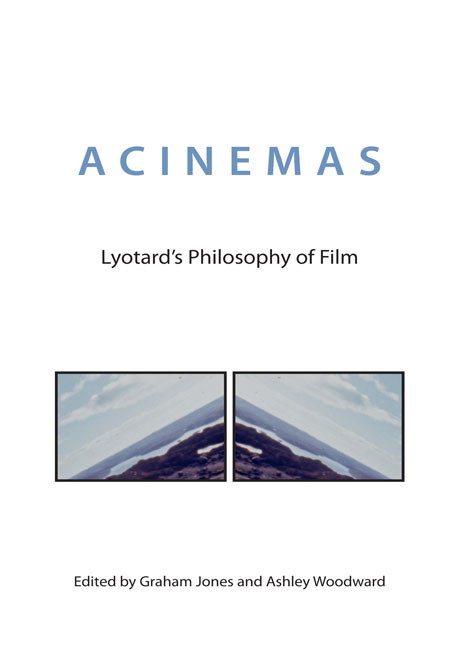2 - Why Lyotard and Film?
from I - Openings
Published online by Cambridge University Press: 23 June 2018
Summary
Does Lyotard have a significant place in the philosophy of film? He has written intriguing short pieces on film, but they are only a small sample among many more important essays on other subjects. The cinema pieces show neither particularly acute interpretations of film, nor great conceptual invention. None of his books are on film and none of them include a sustained discussion of cinema. Yet, he is one of the foremost writers on art and aesthetics of the twentieth century, renewing important concepts such as the postmodern and the sublime, while coining new ones like the figural and the differend. Influential writers on film, such as D. N. Rodowick, Jean-Michel Durafour and Jacques Rancière have written at length on Lyotard, critically demonstrating the value of his philosophical and political ideas. To take their works further, this volume brings together Lyotard's writings on film, and critical assessments by film and art theorists and philosophers. Their studies allow us to ask and begin to answer the sceptical question: why Lyotard and film?
Lyotard is not alone in having skimmed over cinema. Despite its newfound passion for film, philosophy has not always been in love with moving images. It is quite a recent relationship. Philosophy of film requires an interest in the moving image, something that Lyotard broaches in his early essay ‘Acinema’. Traditionally, philosophy has shown greater interest in the image that does not move: the image that represents something else, that tells truths and sometimes misreports, rather than the image that flickers fleetingly only to disappear in favour of the next. Many twentieth-century philosophers (Wittgenstein in particular1) have been interested in cinema as form of life and as entertainment, using it as an imaginative exercise, more easily associated with a dream-like experience or practical experiment than pure philosophical effort. In 1936, Sartre published a book devoted to the systematic, historical and philosophical study of images and thought (Sartre 2012), but, regrettably, he ‘takes into account every type of image except the cinematic image’ (Deleuze 1995: 47).
- Type
- Chapter
- Information
- AcinemasLyotard's Philosophy of Film, pp. 10 - 16Publisher: Edinburgh University PressPrint publication year: 2017



